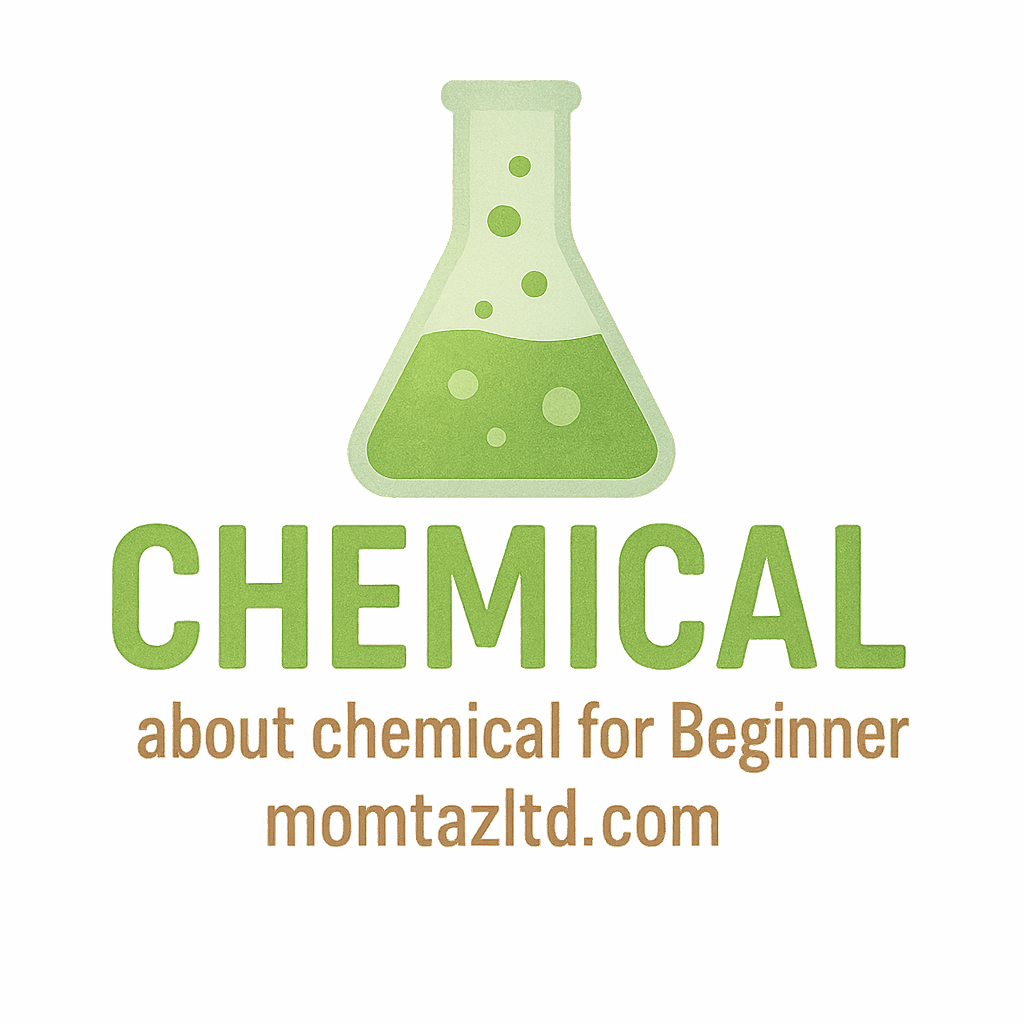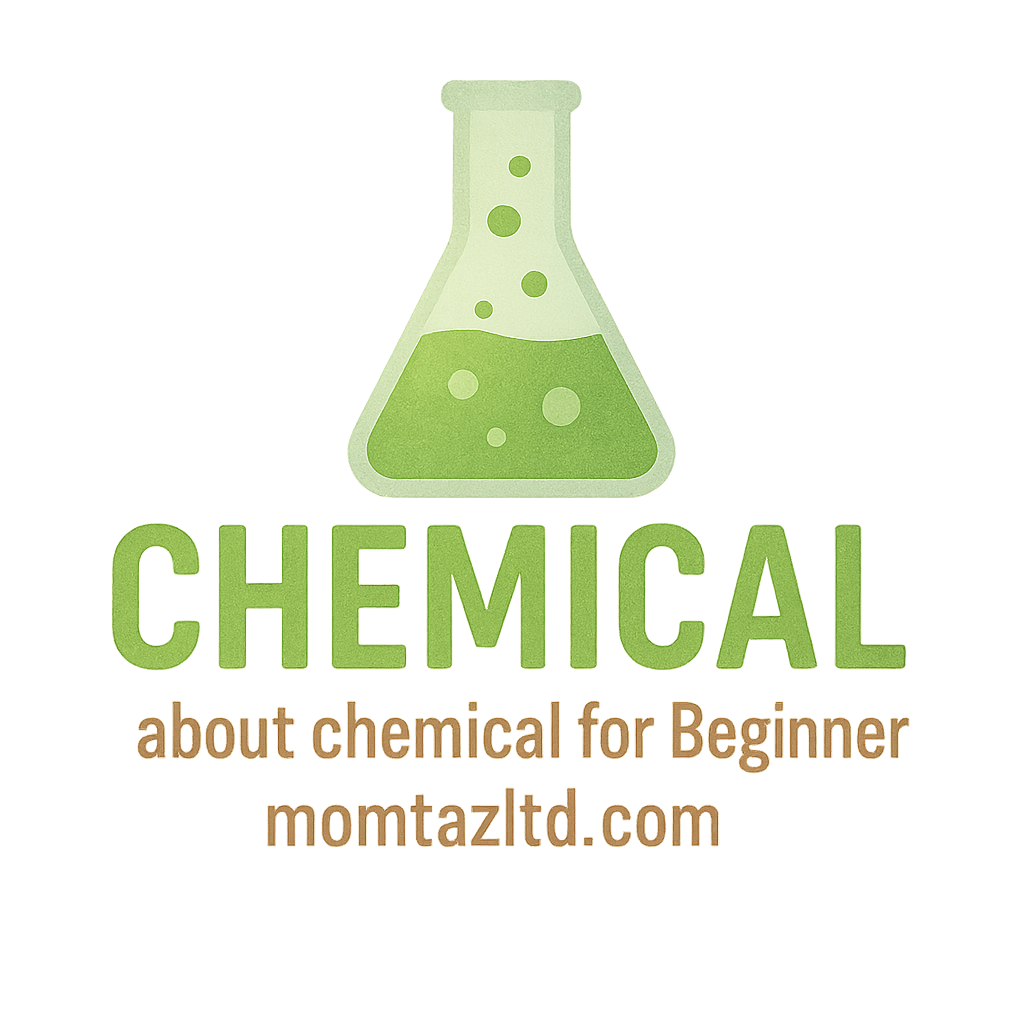Introduction
In the fast-paced world of chemicals, it’s not just about having a strong technical foundation. Sure, you need to understand chemical reactions, molecular structures, and lab equipment, but if you’re a chemical professional, you’ll quickly realize that soft skills are just as crucial to your success. These “people skills” can make or break your career, whether you’re collaborating with colleagues, dealing with clients, or leading teams.
Let’s explore the 8 soft skills every chemical professional needs to succeed in this dynamic and often high-stakes field.
What Are Soft Skills?
Soft skills are non-technical abilities that shape how you interact with others, solve problems, and approach challenges. These skills include communication, teamwork, leadership, and adaptability. While technical knowledge will get you far, soft skills help you excel in the workplace. They are what allow you to navigate complex relationships, manage projects efficiently, and deal with unexpected situations in your job as a chemical professional.
For example, soft skills are particularly important when dealing with the chemical safety protocols that are vital in every chemical-related field.
Why Soft Skills Matter for Chemical Professionals
Soft skills can significantly impact your career trajectory. Imagine you are a chemical engineer leading a project. While your technical skills will allow you to understand the problem, your soft skills will determine how well you manage your team, communicate with clients, and resolve conflicts. A lack of soft skills could hinder your effectiveness, creating delays, safety issues, or even misunderstandings.
Moreover, the chemical industry demands high levels of safety, and being able to communicate and work effectively with others could make the difference between a successful project and a catastrophic failure.
1. Communication Skills
When we think of a chemical professional, we often picture someone deep in research or working with complex machinery. While those technical tasks are essential, being able to communicate effectively with colleagues, superiors, and clients is just as crucial.
In the chemical industry, professionals need to articulate complex ideas in a way that others can understand. Whether it’s during presentations, meetings, or day-to-day discussions, being clear, concise, and engaging is key.
Why It’s Important:
- Cross-department collaboration: You’ll frequently work with engineers, scientists, marketers, and suppliers.
- Safety and compliance: Clear communication ensures safety standards are followed.
For professionals in the chemical industry, understanding the basics of chemical reactions and how they affect operations is vital to clear communication.
Pro Tip: Practice presenting your technical ideas in simple terms to ensure that everyone can understand, regardless of their expertise.
2. Teamwork and Collaboration
In the world of chemicals, working alone is almost never the answer. Whether you’re in a laboratory, a plant, or a field setting, you’ll be part of a team. Teamwork allows for the sharing of ideas, troubleshooting, and accomplishing tasks more efficiently.
The ability to work collaboratively, even with people from different backgrounds and departments, is invaluable. In fact, many projects in the chemical industry involve multidisciplinary teams where engineers, scientists, and business experts collaborate closely.
Why It’s Important:
- Collaborative problem-solving: Different perspectives can lead to innovative solutions.
- Project success: Large chemical projects often require different expertise to come together.
Being an effective team player is also linked to understanding various types of laboratory chemicals and their uses across different roles.
Pro Tip: Be open to feedback and suggestions from teammates. The most successful teams thrive on mutual respect and constructive criticism.
3. Problem-Solving Abilities
Chemical professionals regularly face challenges ranging from unexpected chemical reactions to design flaws in equipment. Problem-solving is at the heart of what you do. Whether it’s troubleshooting a malfunctioning piece of equipment or figuring out a solution to optimize a production process, your ability to think critically and creatively is indispensable.
Why It’s Important:
- Addressing unexpected challenges: In chemical work, problems often arise with little notice.
- Innovation: A strong problem-solving ability allows you to create more efficient or sustainable solutions.
When solving problems, knowledge of industrial chemicals and their behavior is crucial.
Pro Tip: Use structured approaches like the 5 Whys or root cause analysis to solve problems systematically.

4. Time Management
Chemical professionals often juggle multiple tasks, from research projects to compliance audits to client presentations. Being able to manage your time efficiently is vital for meeting deadlines, maintaining high-quality work, and avoiding burnout.
Good time management ensures that you can prioritize important tasks, plan your workdays effectively, and still leave room for creativity and problem-solving.
Why It’s Important:
- Meeting deadlines: Chemical projects often have tight deadlines for safety, regulatory, or market reasons.
- Work-life balance: Effective time management helps prevent work from spilling into your personal life.
Understanding chemical basics can also help you estimate time frames for various experiments and projects more effectively.
Pro Tip: Use tools like time-blocking or task management apps (e.g., Trello, Asana) to stay organized and productive.
5. Adaptability and Flexibility
The chemical industry is constantly evolving. New technologies, regulations, and market demands emerge regularly. As a chemical professional, you need to be able to adapt quickly to changes in your work environment.
Why It’s Important:
- Adapting to new technologies: From cutting-edge lab equipment to new chemical manufacturing methods, change is inevitable.
- Responding to market shifts: Economic factors or customer needs may require you to pivot your approach.
Learning about chemical terms and the latest innovations helps in maintaining flexibility in your role.
Pro Tip: Stay informed about the latest trends in your field and be willing to learn new skills that will help you stay competitive.
6. Attention to Detail
In the chemical field, even the smallest mistake can lead to catastrophic results. From accurate chemical measurements to precise data entry, attention to detail is a must. Whether you’re conducting experiments, designing chemical processes, or analyzing data, every detail counts.
Why It’s Important:
- Safety and compliance: Small mistakes can result in safety hazards or violations of regulations.
- High-quality work: Quality control in chemical processes depends on being meticulous.
Using chemical storage guidelines and methods ensures that all materials are handled properly and safely.
Pro Tip: Double-check your work and implement standard operating procedures (SOPs) to minimize errors.
7. Leadership Skills
Whether you’re in a supervisory role or managing a project, leadership is about more than just giving orders. It’s about inspiring, guiding, and supporting your team members to achieve their best work. Good leadership involves active listening, providing feedback, and fostering an environment where everyone feels valued.
Why It’s Important:
- Influence and motivation: Good leaders can inspire their teams to go above and beyond.
- Handling challenges: Effective leaders manage stress, navigate conflict, and keep projects on track.
Building chemical careers and developing leadership skills go hand-in-hand for long-term success.
Pro Tip: Develop emotional intelligence (EQ) to better understand and respond to your team’s needs.
8. Conflict Resolution Skills
In any workplace, conflict is bound to arise. Whether it’s a disagreement over a project direction or a personality clash within the team, conflict resolution skills help keep things from escalating.
Being able to address issues calmly, mediate between parties, and find a win-win solution will help maintain a positive work environment and ensure the focus remains on the project at hand.
Why It’s Important:
- Maintaining team morale: Resolving conflicts quickly helps keep the team motivated.
- Ensuring smooth operations: Conflict can derail productivity if not managed properly.
For professionals working in household chemicals or chemical accidents, conflict resolution is key to ensuring safety and smooth operations.
Pro Tip: Approach conflicts with a calm demeanor, actively listen to both sides, and work towards a fair resolution.
Conclusion
In the chemical industry, while technical expertise is essential, soft skills play a pivotal role in your overall success. The 8 soft skills we’ve discussed – communication, teamwork, problem-solving, time management, adaptability, attention to detail, leadership, and conflict resolution – are crucial for navigating the complex and fast-paced nature of this field. By honing these skills, you’ll not only enhance your professional growth but also contribute to safer, more effective, and efficient chemical practices.
FAQs
- Why are soft skills important for chemical professionals?
Soft skills improve communication, teamwork, and leadership, making professionals more effective in their roles and helping to avoid costly mistakes. - How can I improve my communication skills as a chemical professional?
Practice explaining complex ideas in simple terms, and always seek feedback from colleagues and superiors. - What is the most important soft skill for a chemical engineer?
While all soft skills are crucial, problem-solving abilities are particularly important for tackling challenges that arise in chemical processes. - How do teamwork skills impact the chemical industry?
Effective teamwork ensures that diverse skills and knowledge are combined, leading to more innovative and efficient solutions. - What role does attention to detail play in chemical work?
In chemical work, precision is critical, and a lack of attention to detail can lead to errors that affect safety and quality. - Can I develop these soft skills over time?
Yes, soft skills are developed with practice and self-awareness. Regular feedback and self-reflection can help you improve continuously. - How do leadership skills influence chemical projects?
Strong leadership helps manage teams effectively, ensures timely decision-making, and motivates employees to contribute to project success.


